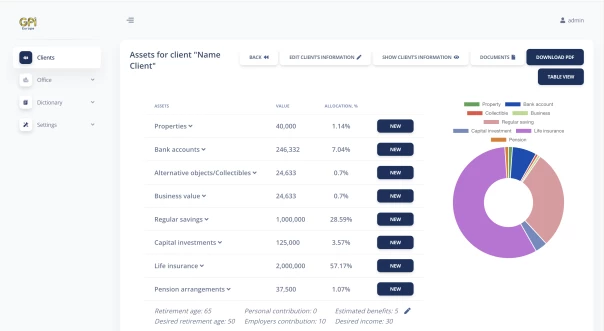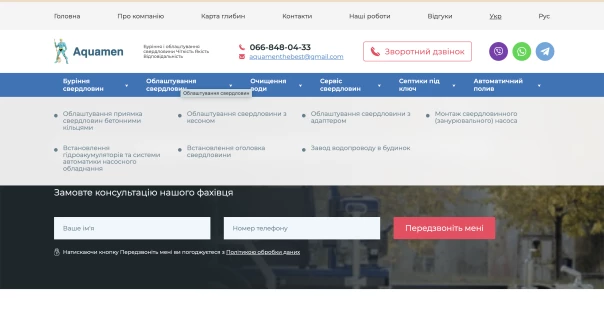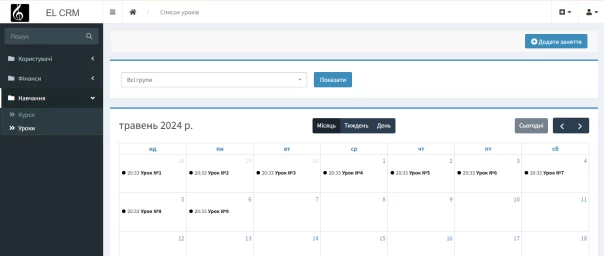Mobile optimization for information websites: why it is important
Modern users are used to receiving online services anywhere and anytime. That is why mobile gadgets exist, which have totally changed the businesses approach to promoting their offers. However, it is not enough to rely on the fact that users will visit the resource – the company’s own website must meet the requirements of mobile web content adaptation.

Mobile optimization for information websites: why it is important
Modern users are used to receiving online services anywhere and anytime. That is why mobile gadgets exist, which have totally changed the businesses approach to promoting their offers. However, it is not enough to rely on the fact that users will visit the resource – the company’s own website must meet the requirements of mobile web content adaptation.












